Dhaka, Sep 05 (V7N)- The anti-discrimination student movement observed the 'Shahidi March' program across various districts and upazilas of Bangladesh on Thursday, marking the one-month anniversary of the fall of the Awami League government and commemorating the martyrs of July and August.
As planned, students and activists organized marches in the capital Dhaka and numerous other regions, including Barisal, Shariatpur, Sunamganj, Sylhet, Rangamati, Chuadanga, Pabna, and Kishoreganj. The demonstrations, which took place peacefully, highlighted the continuing call for reforms and justice for those who lost their lives during the protests.
Barisal:
The 'Shahidi March' in Barisal saw participation from various groups, including students from Barisal Govt Brajmohan (BM) College, Government Hatem Ali, Barisal Government College, and the Polytechnic Institute. The march began at BM College Zero Point at 12:30 p.m., passing through key city roads before concluding at the Central Shaheed Minar. The procession covered important locations such as Chowmatha, Battala, and Police Lines Road, with students marching in solidarity.
Shariatpur:
In Shariatpur, students from Government College took to the streets at around 11:30 a.m., ending their march at the Central Shaheed Minar after crossing the main road. The event was marked by a minute of silence to honour the martyrs, with at least fifty participants taking part.
Sunamganj:
At 12 noon, students in Sunamganj organised a march from Hossain Bakht Chatter, which traversed through the city, culminating at the traffic point. Students from various schools and colleges participated in the event, showing their support for the movement.
Sylhet:
In Sylhet, the march began at 4:30 p.m., with general students organising the 'Shahidi March' from the Central Shaheed Minar. The procession went through key areas of the city, including Jindabazar and Bandar Bazar, as speakers at the rally urged participants to stand against corruption and fight for a better future for Bangladesh.
Rangamati:
Rangamati saw both a martyr's march and a human chain. Beginning at 11 a.m., the procession started from the Rangamati municipality, leading to an hour-long human chain in front of the District Commissioner's office. Additionally, a separate march took place earlier in the morning at Rangamati Government College, where students observed a minute's silence in honour of the martyrs.
Chuadanga:
In Chuadanga, the anti-discrimination student movement organised a protest march, with students walking through the city's main road, chanting slogans and holding placards. The march ended peacefully at the same starting point.
Pabna:
The 'Shahidi March' in Pabna commenced from Edward College grounds, covering the key streets of the city before concluding at Shaheed Square of Zero Point. The rally saw speeches from Mohammad Biplab Hossain, Barkatullah Fahad, and other leaders who reiterated the need for continued reforms.
Kishoreganj:
In Kishoreganj, the anti-discrimination student movement gathered at Gurdayal Government College on Thursday afternoon. Coordinators of the movement addressed the students, expressing their hope that the reforms for building a new Bangladesh would be enshrined constitutionally.
The anti-discrimination student movement initially started in early July, demanding reforms to the quota system in government jobs. The violent suppression of the protests by the then-ruling Awami League's affiliated organizations and law enforcement transformed the movement into a full-scale uprising. The protests ultimately led to the resignation of Sheikh Hasina, who stepped down as Prime Minister on August 5 and fled to India, bringing an end to the Awami League's nearly 16-year rule.
Three days later, on August 8, Nobel Peace Prize winner Dr. Muhammad Yunus was sworn in as the Chief Adviser of the interim government, marking a new chapter in Bangladesh's political landscape.
END/AJ/SMA/



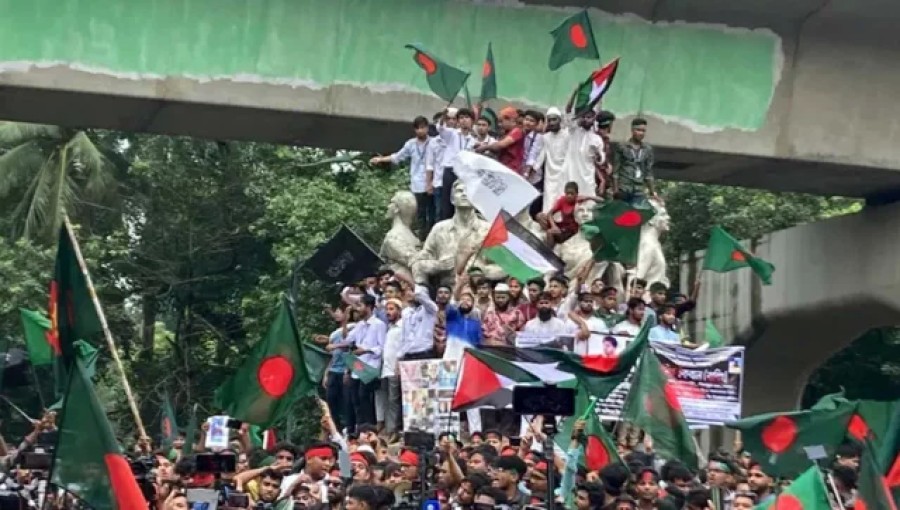
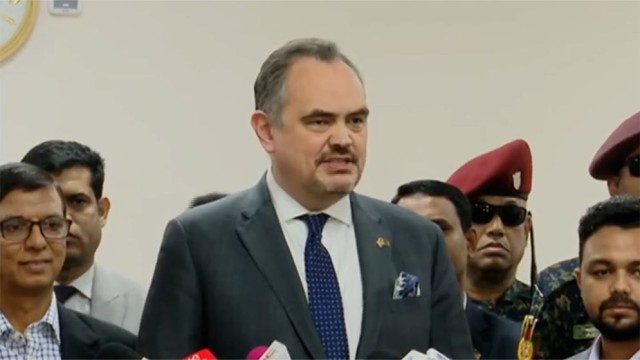
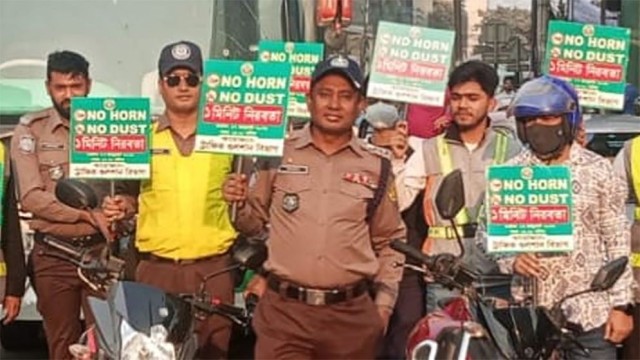
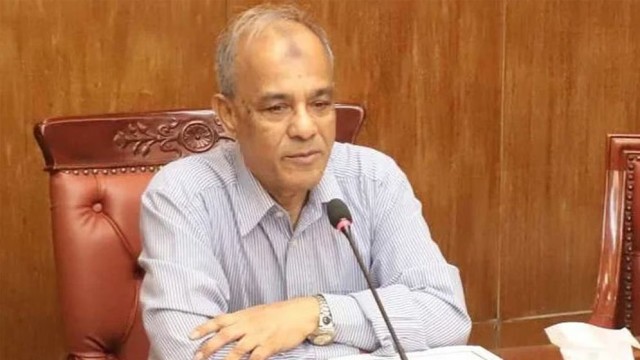
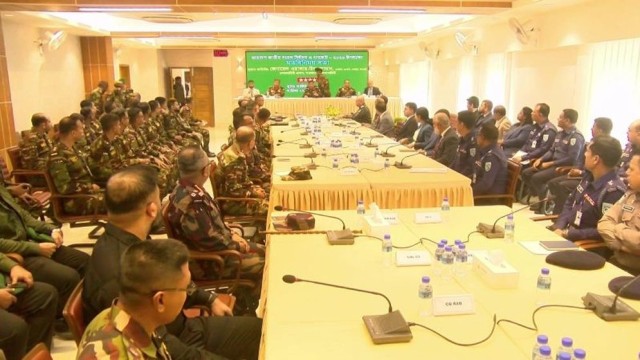
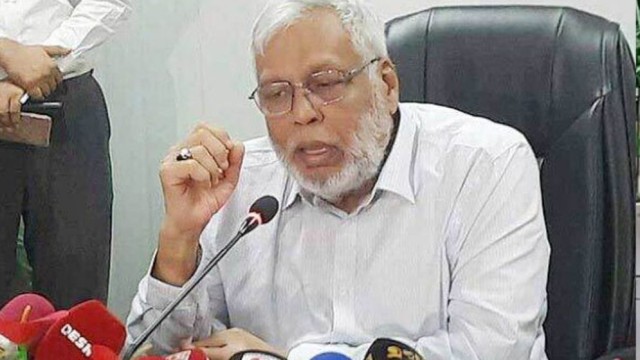
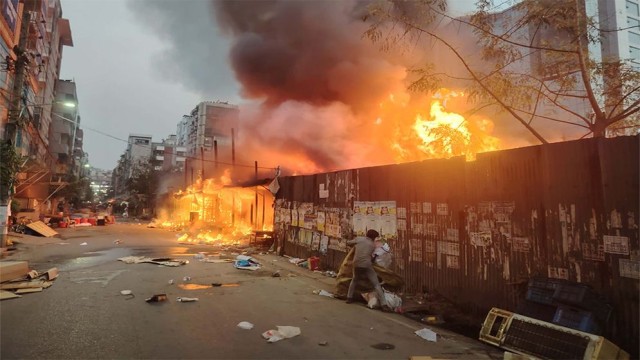
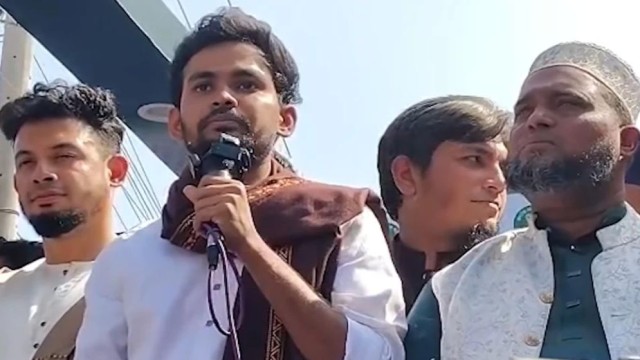

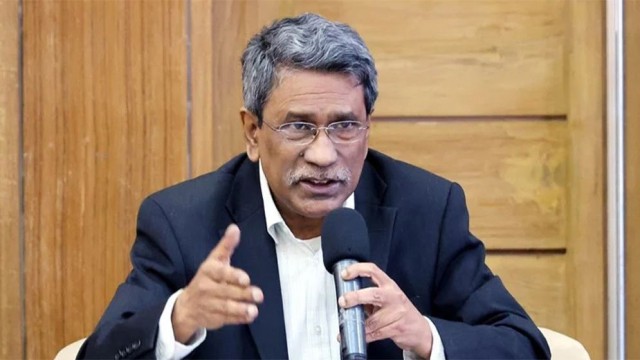


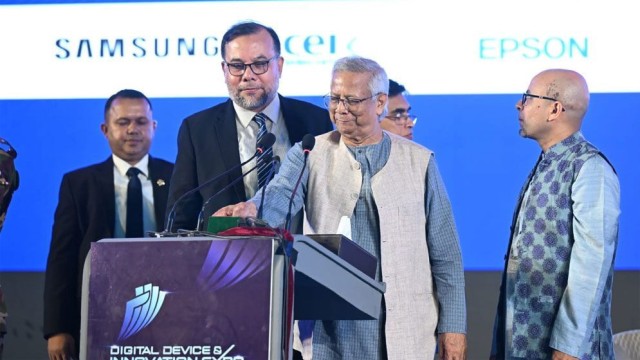
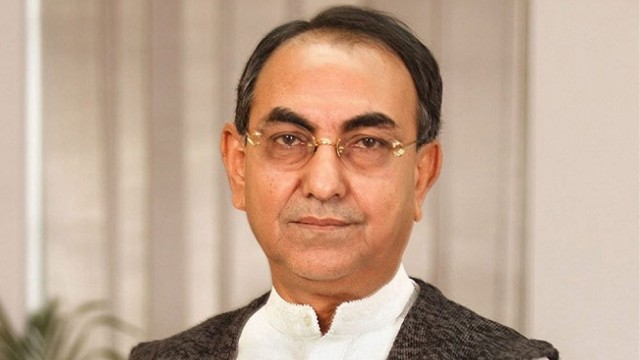
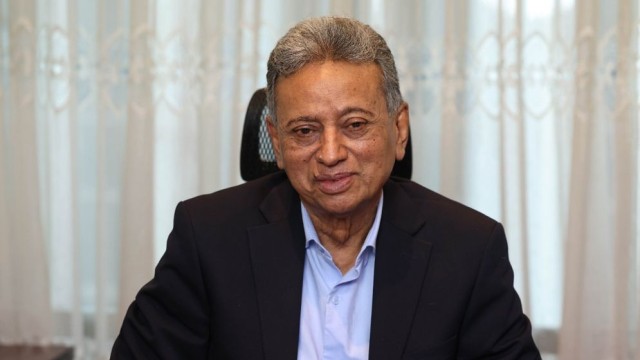
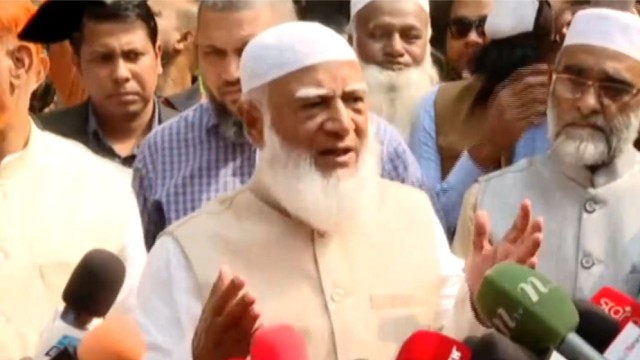

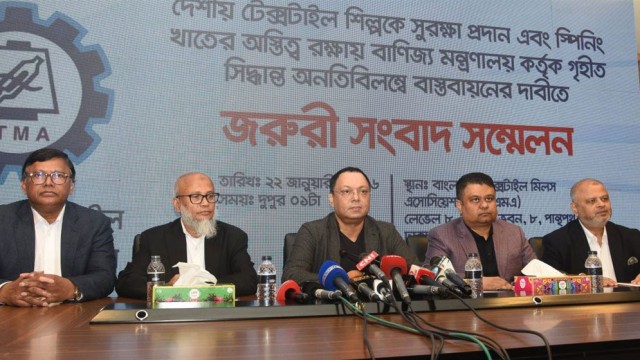
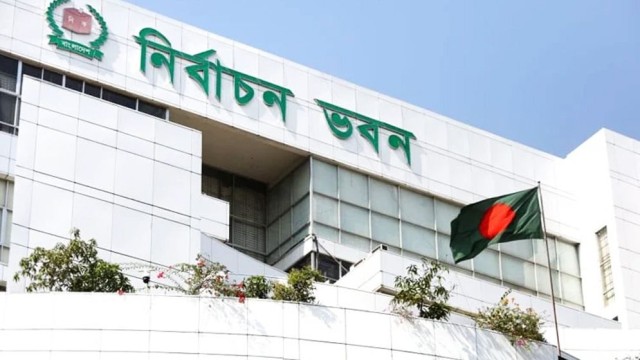



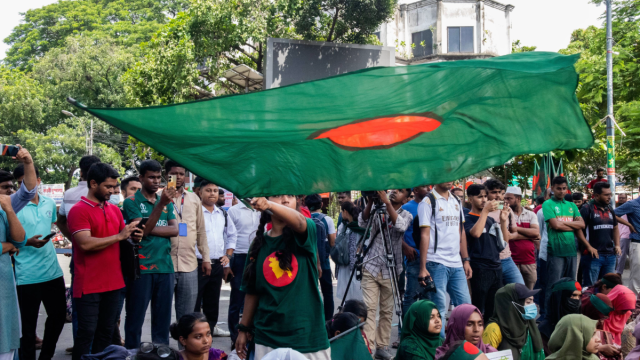

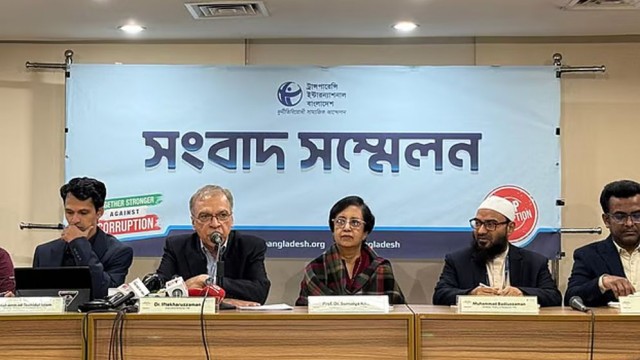
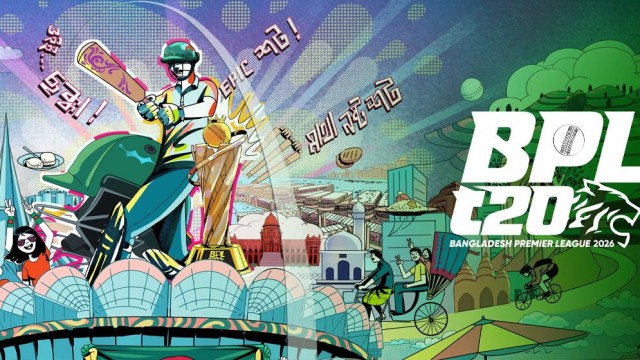

Comment: